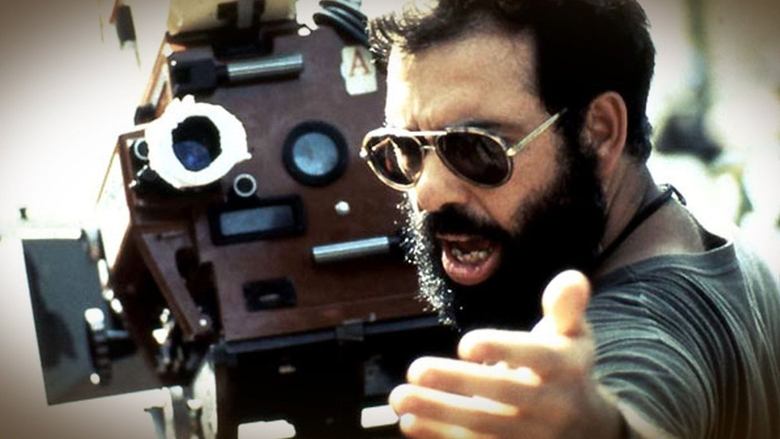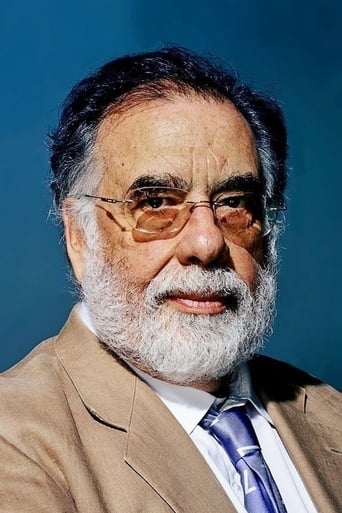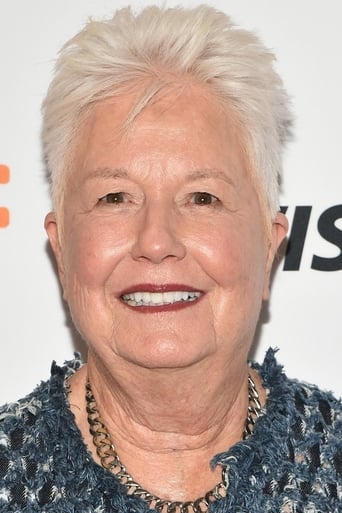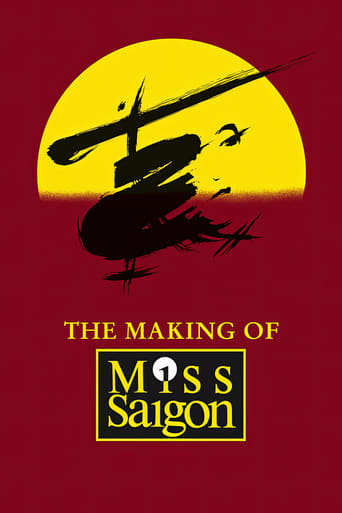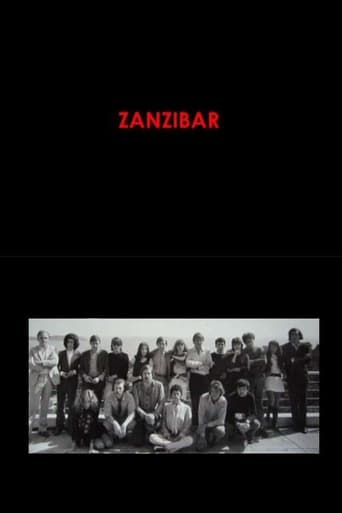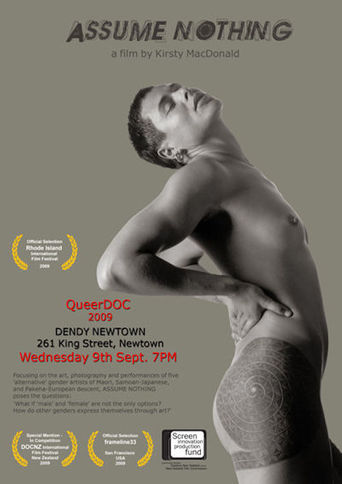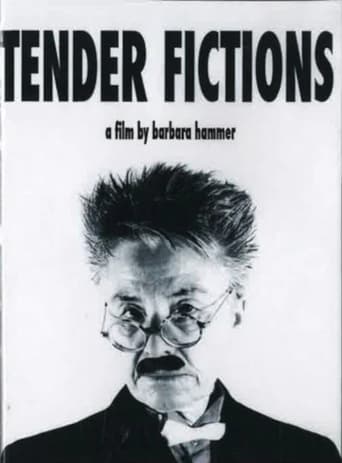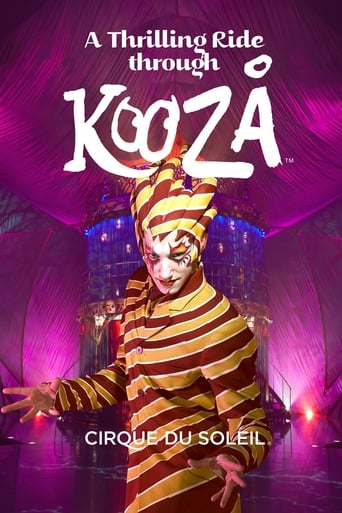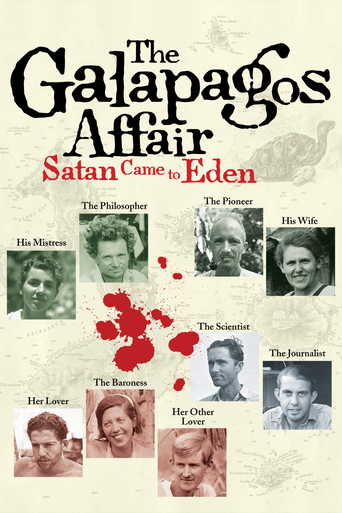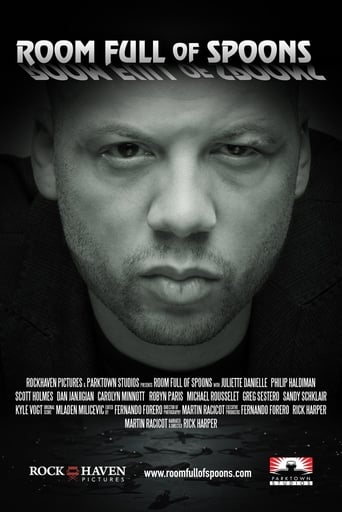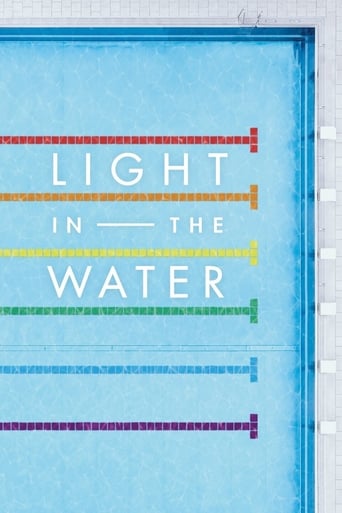Hearts of Darkness: A Filmmaker's Apocalypse (1991)
A chronicle of the production problems — including bad weather, actors' health, war near the filming locations, and more — which plagued the filming of Apocalypse Now, increasing costs and nearly destroying the life and career of Francis Ford Coppola.
Watch Trailer
Free Trial Channels
Cast
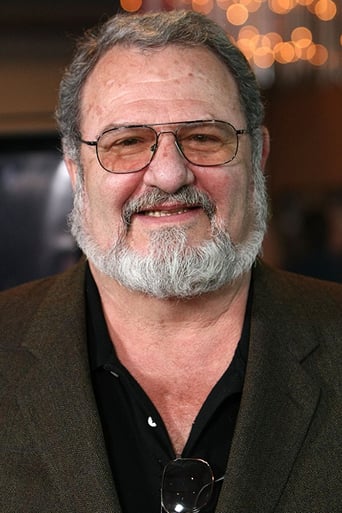


Similar titles
Reviews
What a beautiful movie!
The greatest movie ever made..!
That was an excellent one.
A Masterpiece!
Documentary that chronicles how Francis Ford Coppola's "Apocalypse Now" (1979) was plagued by extraordinary script, shooting, budget, and casting problems--nearly destroying the life and career of the celebrated director.While it may be blasphemy to say so, I have never been a big fan of "Apocalypse Now". Despite the wide range of talent involved, it just never hit home for me. But even so, I completely appreciate that this documentary was made, because I can't imagine many movies run into so many problems and still end up being successful.There are some what-ifs, such as what if Harvey Keitel had stayed on in the role filled by Martin Sheen. I presume footage exists of the day or two he had filmed. What would it have done for Keitel, or the film? Certainly this is one of Sheen's best roles.I love the footage of Dennis Hopper, both on set and later. He was a larger than life guy, and it's great to hear him reflect in two different time periods. The same for Larry Fishburne, who was a child when production started. His view of war as "fun" shifts as he ages, and that's an interesting transition.A prophetic comment by Coppola is that he sees film at some point becoming less a profession and more an art. I am curious how he would reflect on that today (2016). While he is certainly right that independent film really took off in the 1990s, has it achieved what he wanted? And what of the ability now for movies to be made for pennies? Does this degrade the art form?
Watching "Hearts of Darkness", it's hard to believe Francis Coppola was able to rein in such chaos emerge with the film that he did. Usually, you just have to worry about the rumor mill back in Hollywood when your production is troubled. But making "Apocalypse Now" brought every conceivable hurdle: a civil war, Brando's weight gain and lack of professionalism, a set-destroying typhoon, Sheen's close-call heart attack, Hopper high as a kite, trouble keeping the narrative of the film . . .This guy was under unbelievable pressure, and it speaks to his force of will that he was able to come out the other side with such a celebrated piece of film. This is fascinating stuff.7/10
This is probably the best documentary you'll ever see about the process of filmmaking."Hearts of Darkness" documents the disastrous and painful filming of Francis Ford Coppola's Apocalypse Now. Through interviews with cast and crew members and footage from the actual filming, you get a first-row view of the catastrophes that plagues the production - Marlon Brando's noncooperation, Charlie Sheen's heart attack and alcohol-fueled breakdown, the typhoon that destroyed half the set and equimpent, and more.But more than that you get insight into Francis Ford Coppola's own psyche, and the painstaking process he went through with his last great film, and one he still considers a failure. It's the portrait of a man who allowed himself to become a dictator and a god, and then crashed to complete depression and despair - more than once."Hearts of Darkness" is essential for true film lovers, because it provides real insights into the process and the art of creating a film, and what it meant to be a director in the age of the auteur, when directors were given free rein with their films - and not always for the best.
"We were in the jungle, there were too many of us, we had access to too much money, too much equipment, and little by little we went insane." - Francis Ford Coppola."I tell you from the bottom of my heart that I am making a bad film. We are all lost. I have no idea where to go with this." - Francis Ford Coppola.This is an interesting documentary. Some points...1. Coppola's rant on pretence is priceless. He says that all artists dream of saying something great, deep and meaningful. At the same time, all great artists are aware that depth must be invisible. If it isn't, you run the risk of being called pretentious. "There's nothing worse than a bad movie that thinks it's important," Coppola says. Here he acknowledges the flaw of "Apocalpyse Now", which, despite its cinematic bravura, genuinely said less than it appeared to.2. Coppola spends weeks fretting over how to end his film. He has no idea what to do or what he wants to say. He paces about his giant sets, acutely aware of what not to do (he doesn't want a clichéd ending, he doesn't want a giant gun fight), but incapable of finding something of substance to say. He's essentially gone down the river and doesn't know why.3. Faced with no ending, Coppola lets Marlon Brando improvise for 3 full weeks. Brando makes up all his dialogue, the other actors bouncing off of him. Together Brando and Coppola shoot hundreds of hours of improv, Coppola still not sure what he's doing. Only months later, in the editing rooms, does he sculpt some plausible ending together out of bits of footage. The great rip off of "Apocalpyse Now" is that it ends on a note ambiguous enough to be taken as profound and low key enough to not be accused of pandering to action junkies.4. While Coppola frets about his ending, Marlon Brando is just in it for the money. Brando simply doesn't care. He behaves like a professional, but one sees that he has simply shut his mind off and entered his own little personal space. There's something funny about Brando improvising whatever comes to his head, trying to sound profound and then saying, "I can't think of anything else to say" or "I have a bug in my mouth."5. Coppola is shown to be a broken man in this documentary. The sheer passion and love he has for his film is staggering. He is trying so hard, putting every once of energy, of his brain, of his soul, into this picture, and comes up against nothing but hurdles and problems.6. In one great scene Coppola contemplates suicide, trying to figure out a way to get out of the picture whilst still maintaining his artistic credibility. Poor guy.7. The documentary illustrates the true merit of "Apocalypse Now". It shows us a man who demands control, but is nevertheless at the mercy of chance and accidents. It shows us a man who believes in insight, but has none. Ultimately, this documentary shows that "Apocalypse Now" is less about Vietnam, man or combat, but more about the sheer obsessiveness of art and the sheer madness of the artist. Being an artist requires one to be almost insane. You have to be willing to venture into the jungle in order to pluck something of beauty, of interest of intellect, from the bushes. Coppola went into the jungle and came out with something beautiful, interesting and (this is what kills him) stupid. In this respect "Apocalpyse Now" neatly mirrors "Fitzcarraldo" and "Mosquito Coast", two other films about crazy white men who seemingly conquer the jungle in the name of art, but actually accomplish nothing at all. The merit of these films is the "artistic risk" and the act of "surviving horror" rather than the actual final product.8/10 - Compare this doc with the behind the scenes documentary of James Cameron's "The Abyss". "The Abyss" is an equally pretentious and silly film, but look how calmly director James Cameron handles his mammoth production. The guy spends 3/4 of his day underwater or depressurizing himself in a giant tank, and yet rarely looses his cool. A decade later, with "Titanic", he would subject himself to another mad, mammoth production. Coppola's "meltdown" thus has less to do with the sheer scope of his picture or his need to marshal large amounts of hardware, but his problems wrestling which things on a more thematic, intellectual level.


